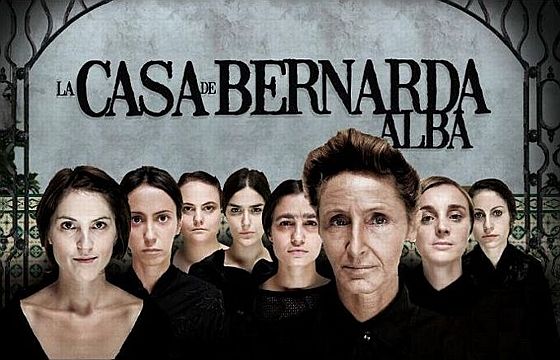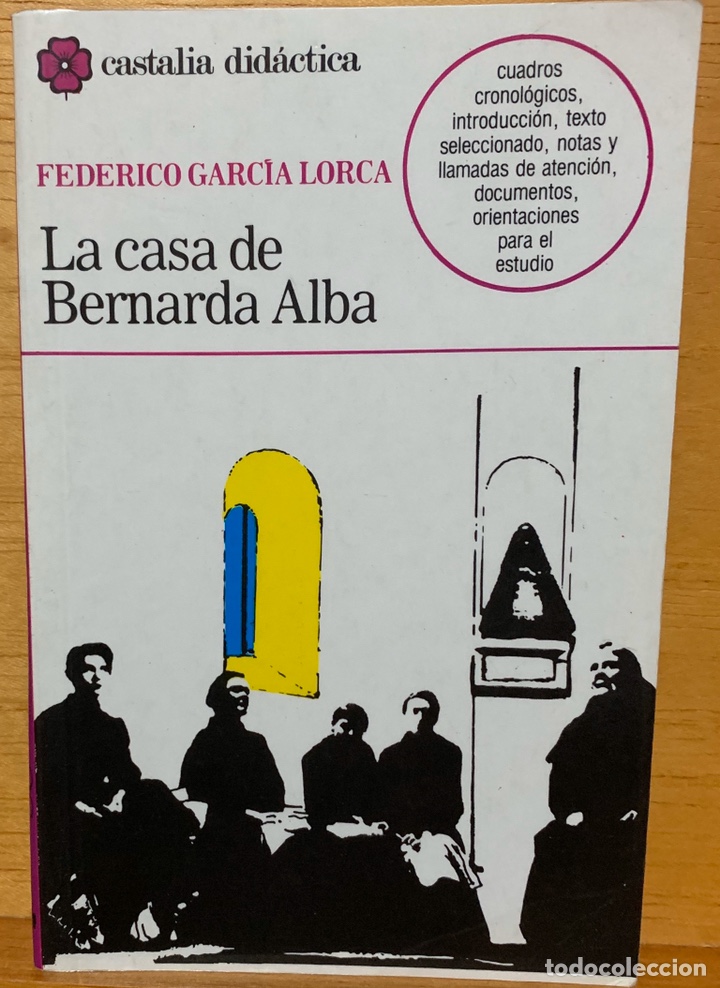
Made available as an individual, open-access work in the United Kingdom, 2007, via the Poetry in Translation website. Just as Saturn devoured his sons, Bernarda is devoured by and devours her desires and those of her daughters - and, as a consequence, their lives.The House of Bernarda Alba ( La casa de Bernarda Alba): Act IIĪ drama of women in the villages of Spain - 1936 whose attempt to fulfil herself led to death and insanity.Ī play about our ancestors who neither understand nor feel compassion towards the being they have created. Much the same could be said about her five daughters, stuck without choice in an inflexible and barren yet comfortable, anaesthetic and illiterate world that erases them and for which they sell their freedom, with the exception of Adela and María Josefa. Bernarda fears that everything will change and that this change will make her lose her apparent and imposed entity she fears that she won’t know what to do with a genuinely vital essence that would unbalance her and that is why she steadfastly sticks to the rules she was brought up with. Deep, twisted roots of very distant origin, perpetuated by who knows what obscure interests. The roots of the story of Bernarda and her daughters, just like our own story, date back to before they were born. Where does it come from, that established power that seems so immutable no matter what appearance it takes on?Īnd we thought that Lorca was talking about our ancestors.


What does this “drama of the women of the villages of Spain” have to say to today’s spectators? To start with, it addresses the position of women in society, with their glass ceilings, their wage differences and their physical vulnerability in the face of violence, wherever it comes from, because, without being aware of it - or perhaps being only too aware of it - Bernarda occupies the role of authority, the wielding of economic power, and the representation of the established order.Īnd that might well be the best reflection on or reading of the play from today’s vantage point in the 21st century. Although it was created in the very near past, this play by Lorca is already a classic and like all “classic” plays, it grows day by day, offering us different facets in step with the changes in society.


 0 kommentar(er)
0 kommentar(er)
